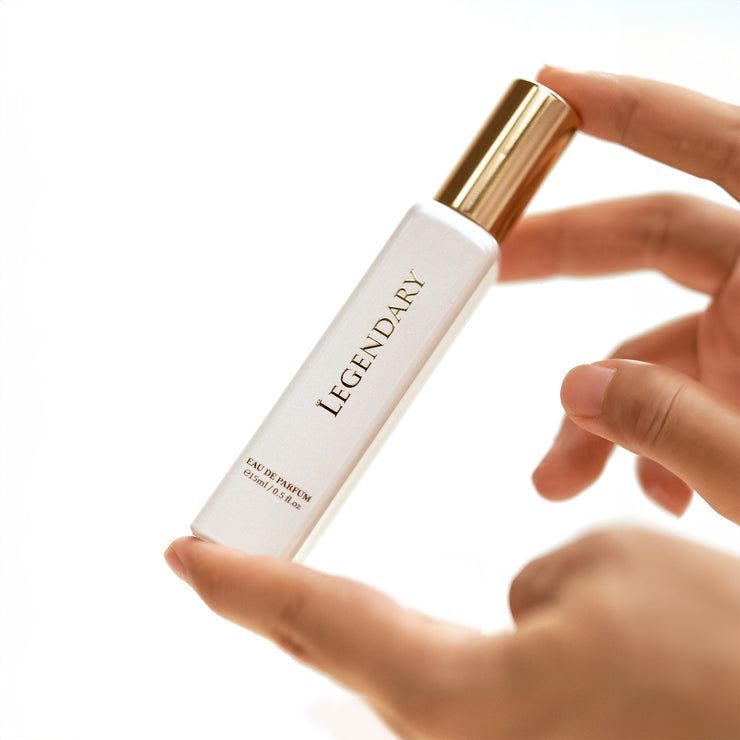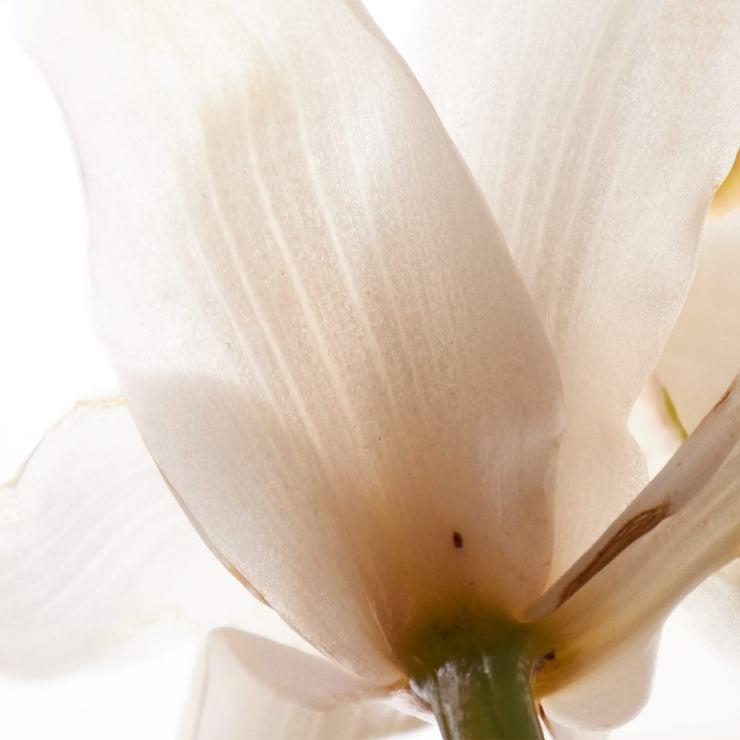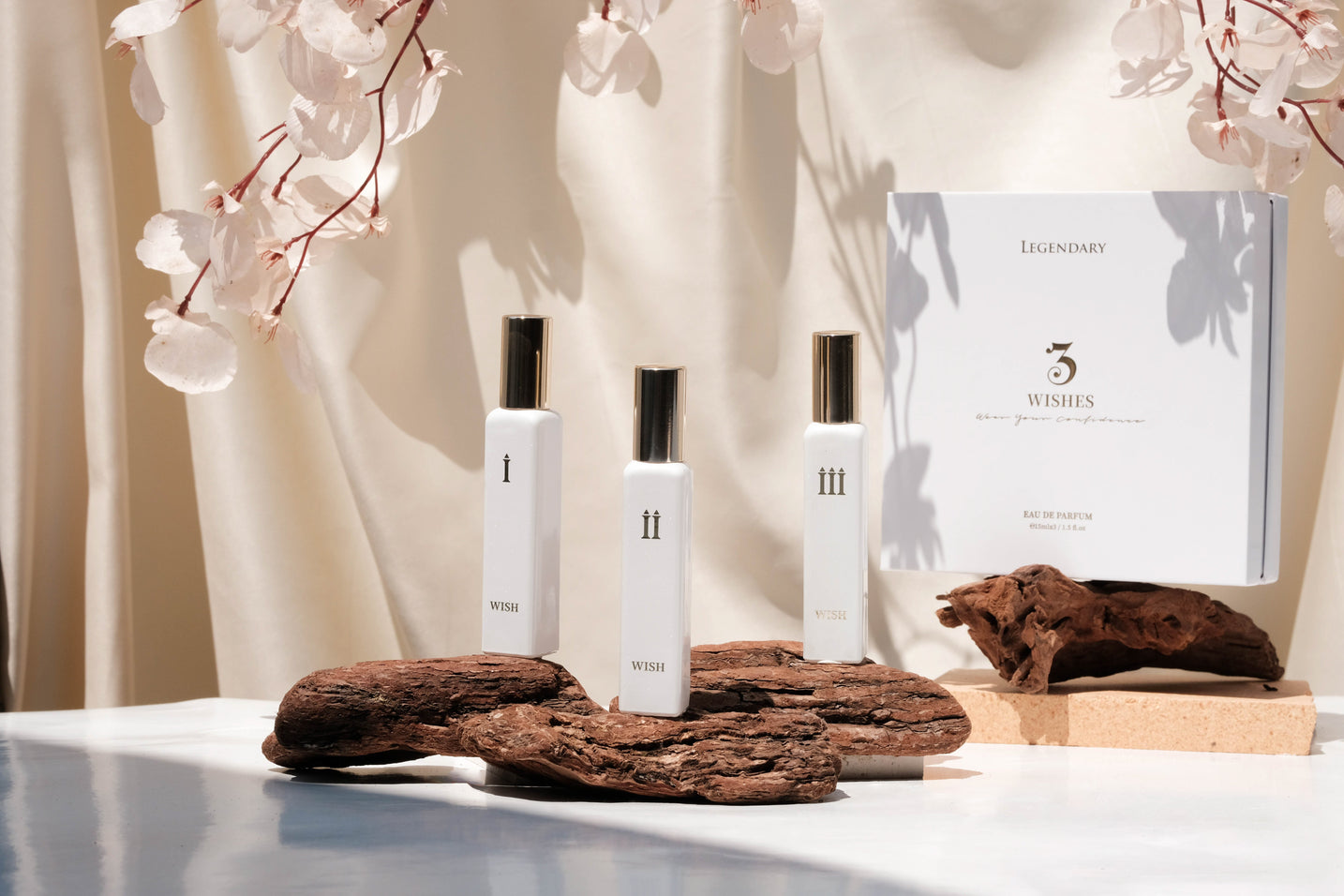Alcohol-free perfumes are becoming increasingly popular among fragrance lovers searching for gentle scents, skin-friendly perfume options. Unlike traditional alcohol-based sprays (which often create a sharp, immediate burst), alcohol-free fragrances deliver a smoother, softer introduction that settles elegantly throughout the day.
This guide explores how alcohol-free perfumes are made, the scientific benefits, and why these non-alcohol fragrances are quickly becoming a preferred choice for many.
How Are Alcohol-Free Perfumes Made? (Nanoemulsion Technology Explained)
Alcohol-free perfumes are formulated using nanotechnology, specifically nanoemulsion systems. Instead of relying on ethanol, fragrance oils are broken down into ultra-fine droplets (1-100 nanometers) using emulsification techniques. These tiny droplets remain suspended in water-based, alcohol-free formulations, creating perfumes that stay stable, lightweight and gentle on the skin.
01 Gentler on Skin
Alcohol evaporates rapidly upon contact with the skin, which can strip away moisture and potentially weaken the skin barrier. This may potentially result in dryness, irritation or discomfort, particularly for individuals with sensitive or reactive skin (Sikora et al., 2018)
Alcohol-free perfumes avoid this by using oils or gentle carriers that do not trigger this drying effect. In fact, many oils used in oil-based perfumes (such as jojoba, coconut and argan oils) contain fatty acids that support the skin’s natural lipid barrier, improving moisture retention and overall skin comfort (Lin et al., 2017).
02 Longer Scent Longevity
As ethanol evaporates quickly, it often carries off fragrance molecules rapidly, leading to a faster fade. Oil and emulsion bases evaporate much more slowly, allowing the fragrance to linger. According to a study by Sikora et. al (2018), it is reported that oil-based perfumes can last around 6-15 hours, while alcohol-based ones last about 3 hours.
A study by Dallay et. al. (2023) further explains:
In an O/W (oil in water) emulsion, fragrance molecules dissolved in aqueous phase are expected to be released faster than those dissolved in the oil phase.
In simpler words, this means alcohol-free and oil-based perfumes naturally retain scent longer because molecules are held and released gradually.
03 Different Sensory Delivery
The sensory experience of a perfume (how it opens, develops, and settles) deepens heavily on evaporation rate and carrier system. Oil-based and emulsion-based perfumes have lower volatility, meaning fragrance molecules evaporate more slowly and gently compared to alcohol-based formulations.
This slower diffusion creates a different scent progression. Academic studies such as Binks et. a. (2010) and Gunawan et al. (2023) show that emulsions and nanoemulsions can reduce evaporation rate of volatile fragrance compounds, resulting in:
- A subtle, refined release of top notes
- A smoother transition into middle and base notes
Because oil and emulsion carriers release fragrance molecules gradually, the scent evolves more softly and remains on the skin for a longer period. This produces a sensory profile that feels more intimate and extended compared to the sharper, faster progression found in alcohol-based perfumes (Dallay et al., 2023).
Conclusion
Alcohol-free perfumes offer a gentler, longer-lasting, and more skin-friendly alternative to traditional alcohol-based scents. Supported by scientific research and advanced nanoemulsion technology, these fragrances provide smoother diffusion, better comfort in warm climates like Malaysia, and a more refined scent progression that appeals to consumers worldwide. Whether you have sensitive skin or simply prefer a soft, intimate fragrance that lasts, alcohol-free perfumes deliver a modern, clean, and highly wearable option for everyday use.
References
-
Binks B.P., Fletcher, P. D., Holt, B. L., and Beaussaoubre, P. (2010). Selective Retardation of Perfume Oil Evaporation from Oil-in-Water Emulsions Stabilized by Either Surfactant or Nanoparticles. Langmuir, 26(23). DOI:10.1021/la103700g
-
Dallay, C., Malhiac, C., Picard, C., and Savary, G. (2023). Fragrance in dermocosmetics emulsions: From microstructure to skin application. International Journal of Cosmetic Science, 46(1), 1-23. https://doi.org/10.1111/ics.12896
-
Gunawan, I., Daryono, B. S., Noviana, E. and Sulaiman, T. N. S. (2023). Nano-Perfumes as a Fragrance Carrier: Their Brief History, Essential Aspects, Development, Preparation Methods, Characteristics, and Future Perspectives. Indonesian Journal of Pharmacy, 34(3), 395-418. https://pdfs.semanticscholar.org/e632/ac09fdbb3bfbea0238961304a0bdff5db52e.pdf
-
Sikora, E., Małgorzata, M., Kennard, K. W. and Lason, E. (2018). Nanoemulsions as a Form of Perfumery Products. Cosmetics 2018, 5(4), 63. https://doi.org/10.3390/cosmetics5040063
-
Yammine, J., Chihib, NE., Gharsallaoui, A., Ismail, A. and Karam, L. (2023). Advances in essential oils encapsulation: development, characterization and release mechanisms. Polymer Bulletin, 81, 3837-3882. https://doi.org/10.1007/s00289-023-04916-0


